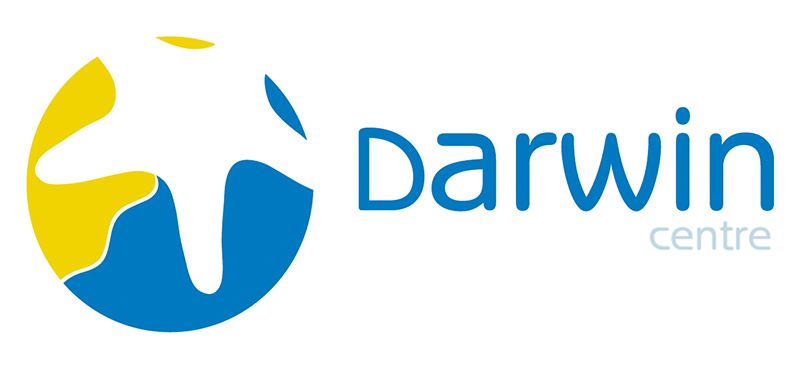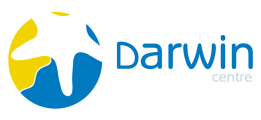
The Dragon LNG Darwin Experience – Primary School Programme
The Darwin Centre is made up of individuals with a science background aiming to engage, enthuse and inspire the young people of Pembrokeshire in STEM subjects through immersive hands on experiences. Our award winning education project The Dragon LNG Darwin Experience is free to access for all Pembrokeshire Schools. All field trips and workshops are aligned with the new curriculum for Wales and the United Nations Sustainable Development Goals. We work closely with other Pembrokeshire based organisations such as Pembrokeshire Outdoor Schools to provide the best experiences for your pupils. Our most popular events for primary pupils are listed below.
PS3 Field Trips
Pupils will be taken to Colby Woodland Gardens to explore and contrast two different freshwater habitats – a river and a pond. Exploring the diversity of life in both habitats, pupils will use large kick sampling / pond dipping nets to collect different animals. They will identify the species found using branching keys and picture identification guides. Data collected can determine how healthy the river system is by calculating the biotic index. The Darwin team will support the pupils in understanding how the different animals live, grow, reproduce and compete for survival. River sampling activities can be followed by our rivers and pollution classroom workshop.
If your school has a pond or stream we can deliver this field trip on the school grounds. Pond dipping or river sampling could also be paired with our minibeast field trip to look at the differences between terrestrial and aquatic organisms!
PS3 Workshops
If you need some inspiration for a certain element of the Science & Technology area of learning experience please get in touch. Given enough notice we can design something bespoke to address your needs. We also have a range of workshops and field trips that change seasonally, these events are advertised on our social media platforms at the start of each term. For more information or to book, contact us by emailing: darwin@darwincentre.com

